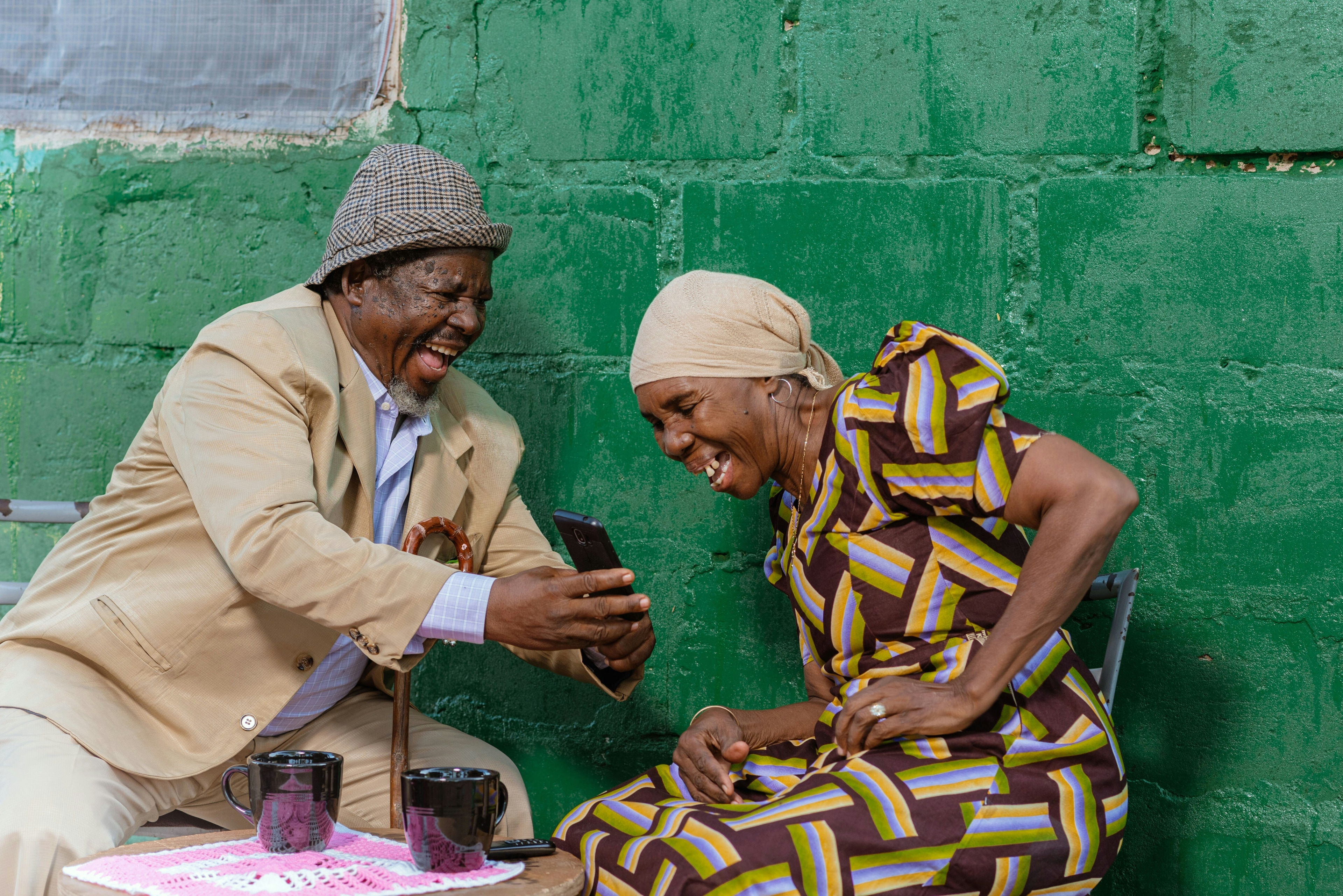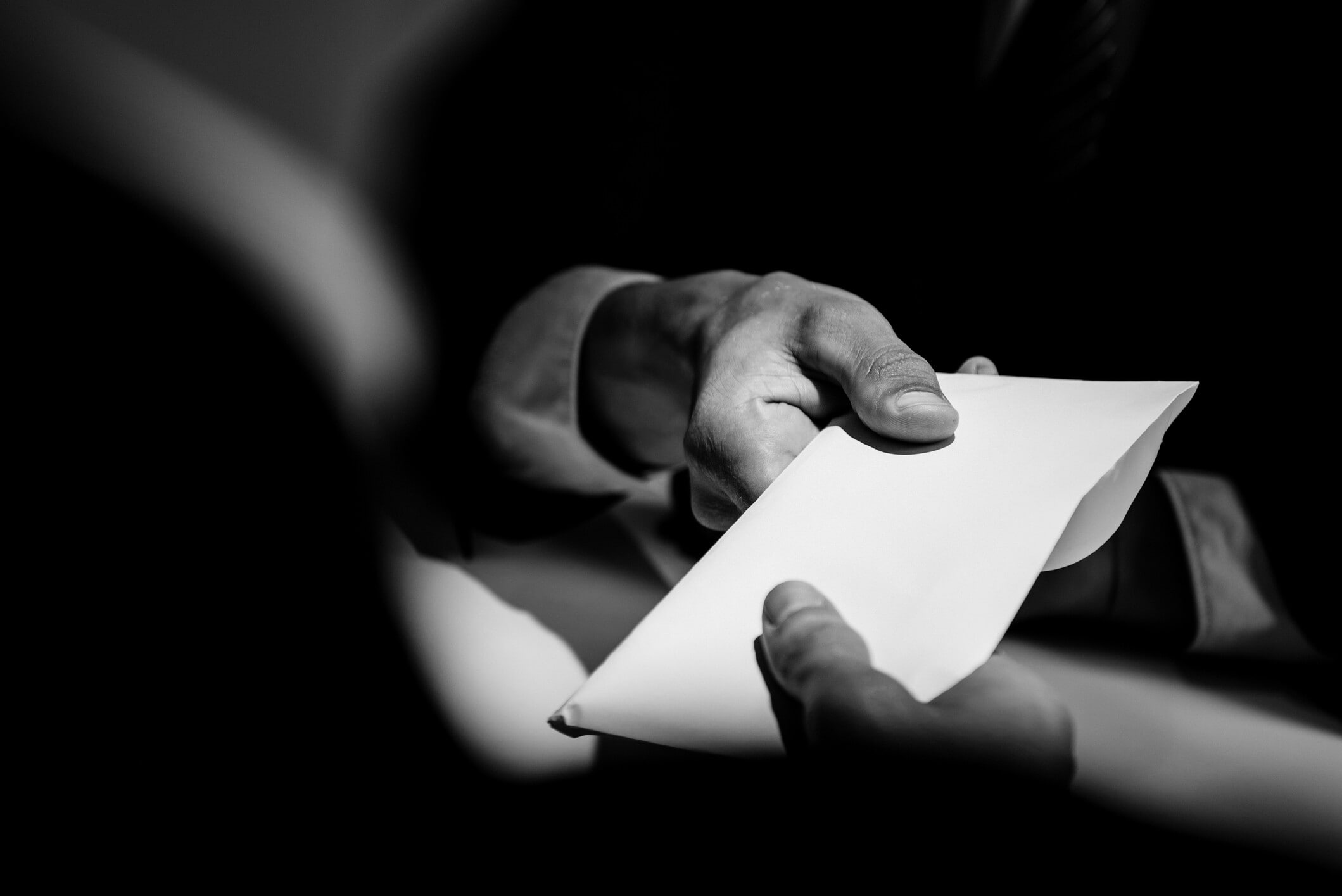In most Western countries, only a minority of people pray every day. The US is the exception

How does wealth play a part in religion? Image: REUTERS/Brendan McDermid
May 2 was National Day of Prayer in the United States, a day Congress set aside in 1952 for Americans to turn “to God in prayer and meditation at churches, in groups and as individuals.” But many Americans pray every day – not just on the Day of Prayer. Indeed, out of 102 countries examined for frequency of prayer by Pew Research Center, the U.S. is unique in that it has both a high level of wealth ($56,000 per-capita gross domestic product in 2015) and a high level of daily prayer among its population (55% according to the 2014 U.S. Religious Landscape Study).
In every other wealthy country surveyed – that is, those with a per-capita GDP over $30,000 – fewer than 40% of adults say they pray every day. For example, in Japan, where per-capita GDP is about $38,000, roughly a third (33%) pray daily. In Norway, where per-capita GDP is about $68,000, fewer than one-in-five adults (18%) do. (It’s worth noting that the surveys did not include wealthy countries in the Arabian Peninsula, such as Qatar and the United Arab Emirates, which might be expected to have high levels of prayer.)

At the other end of the economic spectrum, countries with less wealth tend to have higher rates of prayer. In fact, every country where at least 70% of adults say that they pray each day has a per-capita GDP under $20,000. For example, in Egypt, where 72% say they pray every day, per-capita GDP is about $11,000. And in Afghanistan, where 96% of adults say they pray every day, the per-capita GDP is about $2,000.
These findings are broadly aligned with other data that suggest that a country’s level of wealth is inversely proportional to its levels of religious commitment as measured by survey responses about daily prayer, belief in God, attendance at religious services and stated importance of religion in one’s life. In other words, people in poorer countries tend to be more religious than people in wealthier countries. (For more on this, see our 2018 report.)
That said, not every country with low wealth has a high level of daily prayer. In Vietnam and Bulgaria – where per-capita GDPs are $6,000 and $19,000, respectively – the shares of adults who say they pray daily are 14% and 15%. (Among all 102 countries examined, the national average share of people who say they pray daily is 49%.)
Several regional patterns appear in the data. For example, most of the countries surveyed in sub-Saharan Africa have a per-capita GDP under $10,000 and above-average rates of daily prayer. In the Middle East-North Africa region, nearly all countries we looked at have a per-capita GDP under $20,000 and above-average rates of daily prayer. The exception is Israel, where per-capita GDP is $34,000 and just 27% say they pray every day.

Why does the U.S. have higher self-reported daily prayer than other wealthier countries? Some scholars posit that the lack of government interference in religion in the U.S. has created an open religious “market” – a landscape where different religions enthusiastically compete for new members. High levels of prayer also could be due in part to relatively high levels of income inequality in the United States; societies with more unequal income levels tend to be more religious.
Don't miss any update on this topic
Create a free account and access your personalized content collection with our latest publications and analyses.
License and Republishing
World Economic Forum articles may be republished in accordance with the Creative Commons Attribution-NonCommercial-NoDerivatives 4.0 International Public License, and in accordance with our Terms of Use.
The views expressed in this article are those of the author alone and not the World Economic Forum.
Stay up to date:
United States
Related topics:
Forum Stories newsletter
Bringing you weekly curated insights and analysis on the global issues that matter.






